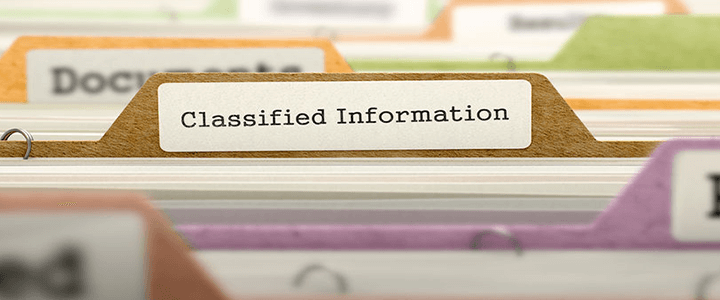This article is the final installment in a three-part series on psychological considerations for security clearance holders.
If you’ve never had the misfortune of being denied a security clearance, you may not be aware that security clearance cases are adjudicated under a series of thirteen guidelines titled “A” through “M”. Guideline “I” covers psychological conditions that could adversely impact one’s ability to safeguard classified information, or otherwise cast doubt on an individual’s judgment or stability.
I often receive calls from prospective clients worried about the impact a psychological condition may have on their ability to obtain or retain a security clearance. The reality is that very few psychological conditions rise to the level of becoming a security concern. For example, a recent DoD report found:
Between 2006 and 2012, only one in every 35,000 people either applying for the first time or seeking to maintain their clearance were either denied a clearance or had their clearance revoked after answering “yes” to the dreaded Question 21 on Standard Form 86 (the question that pertains to mental health history).
Further, during that same 6-year time period, of the 85,000 people who were either denied a clearance or had their clearance revoked, only 145 – 0.17 percent – of denials and revocations were due to mental health reasons.
That means people with run-of-the-mill diagnoses – ADD, ADHD, anxiety, etc. – are highly unlikely to experience problems simply because of their condition. In fact, I can tell you from experience that Guideline “I” cases constitute no more than about five percent of my practice (most of those preliminary denial decisions are overturned on appeal, hence the lower DoD numbers of final denials or revocations). When they do arise, it is extremely rare to see them as stand-alone allegations, and those that are can sometimes be evidence of illegal whistle-blower retaliation. In other words, most legitimate Guideline “I” cases are issued in conjunction with other, related concerns like drug abuse (Guideline “H”), alcohol abuse (Guideline “G”), or sexual misconduct (Guideline “D”).
Conditions to worry about? The illegal, inappropriate or dependent
The take-away here is that the mental health conditions that do pose an impediment to security clearance are typically those causing the security clearance holder to act out in illegal or otherwise inappropriate ways, or those which are co-existent (or caused by) substance abuse. That is a narrow category of an already small pool.
Depending on the circumstances, the cause-effect relationship of certain behavior can sometimes actually be mitigating through a showing that the mental health condition that has since been resolved through treatment (i.e. the behavior was the result of the clearance holder’s mental condition and must be viewed through that lens, not as independent adjudicative conduct). Similarly, cases in which the mental health condition is brought on or significantly exacerbated by substance abuse may be resolvable by showing that the clearance holder is no longer a substance abuser.
There is an incredibly wide variety of Guideline “I” cases out there – certainly too many to address in this article. But hopefully readers worried about these issues can see that they are both rare and often resolvable. Only in cases of recent, ongoing, and/or highly concerning behavior do psychological cases typically present problems.
This article is intended as general information only and should not be construed as legal advice. Consult an attorney regarding your specific situation.



